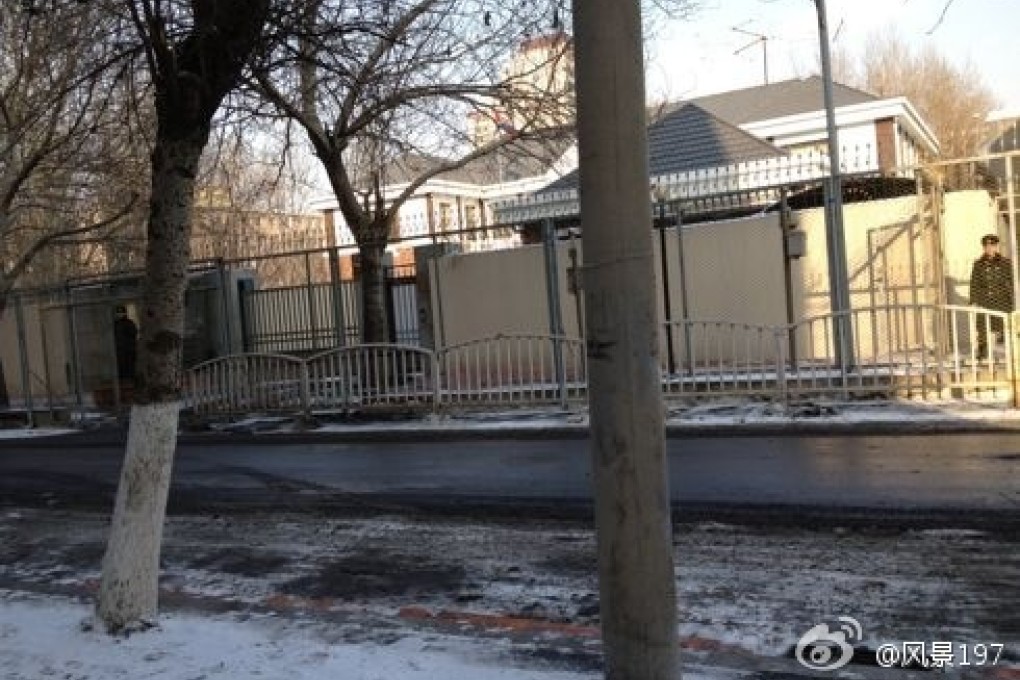Locustland | Time for China to unfriend the Kim regime
China Labour Bulletin editor Cai Chongguo looks at the upside were China to sever the ties that bind it to North Korea.

North Korea's regime needs nuclear weapons. The Kim family's political legitimacy relies entirely on three things: mass production, renewed hatred, and an external threat. The greater the external threat, the more people need to sacrifice and the greater the perceived need for a strong state and leadership. The combination of a dire external threat and highly effective nuclear defense demonstrate the leader's greatness but also suppress any possible resistance.
Ballistic missiles and nuclear weapons bring safety, but then what? The only way for the Kim family to survive is for the country to remain in a permanent state of war. The only way to accomplish this, and keep people from gaining a sense of security, is to constantly create new enemies and new dangers. The real danger is there's no length they won't go to.
China's Ministry of Foreign Affairs is both afraid and unable to change its diplomatic stance toward the Korean peninsula. The reason is many mid- and high-level officials remain trapped by history and the thinking that "The War to Resist US Aggression and Aid Korea" is the most glorious memory in the Communist Party and the military's history, and is also the historical foundation for 'the People's Republic's' legitimacy. What they don't understand is within both the Party and the military today, Maoists aside, neither really holds their own history or principles as truth. Whatever the top leaders decide, goes.
As for the North Korea issue, the key isn't analysis of Chinese, US, Japan or South Korean strategy or interrelated interests, but rather how the Communist Party - and in particular, the military - addresses historical truth, whether it can display sufficient morality - in the military's case, bravery - to move beyond the so-called honour of "resisting American aggression" and reestablish its own military history. Pending that, at least half of China remains hostage to a lunatic.
Regarding the Korean Peninsula, countless reports have been produced with analysis of strategy and interests. The underlying premise in each of them is the North Korean government is rational and operates in its own interests and that of the North Korean state. This also explains our head-in-the-sand policy. Such a premise, however, is fictional. Throughout history, countless battles and tragedies begin with the irrationality of politicians, and not knowing where one's interests lie!
If North Korea undergoes regime change, the US military won't have any interest or reason to maintain its costly presence on the peninsula; this is something China and the US could be negotiating now. If, after reunification, the peninsula begins a territorial dispute with China, given the unbalance of power, what really is the worry? An influx of refugees? Japan, the US and South Korea will all have their hands tied and won't in themselves present a problem, nor would it end up costing China more than is currently spent. On the contrary, China would win appreciation from the world and the Asia-Pacific region in particular. So what's the damn holdup?

